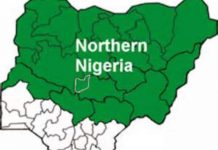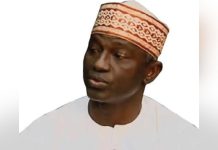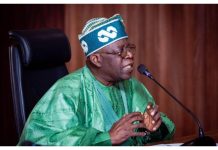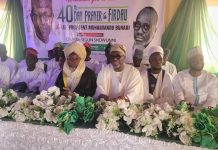Muhammadu Buhari’s election four years ago as Nigerian president was greeted with great enthusiasm, and expectation. US President Barack Obama invited him to the White House less than two months after his inauguration, an honour rarely accorded to newly elected African leaders. Many Nigerians saw Buhari as a messiah rescuing them from years of economic disempowerment, institutionalised corruption and insecurity.
These high hopes were unsurprising. The Nigerian economy, though growing at a robust rate, wasn’t benefiting most Nigerians. Unemployment, especially among young people, was widespread and growing. The World Bank estimated Nigeria’s poverty rate to be as high as 70%, an embarrassing number given that the country is ranked as the eighth largest oil exporter in the world.
The result of the toxic combination of high joblessness and poverty rates, is a life expectancy of 55 years, one of the lowest in developing countries.
As Buhari prepares to go to the polls, pundits have been analysing his scorecard and asking whether he deserves another four years in office.
What is clear is that, this time around, his re-election campaign has not been greeted with the same level of enthusiasm. Some analysts, including the London-based Economist Intelligence Unit, have gone as far as to predict that he will lose the election.
Why the change of fortunes? The answer seems to lie in the fact that most of the things Nigerians complained about in 2015 are still unresolved. In particular, unemployment, poverty and economic disempowerment remain firmly in place.
Since Buhari came to power, Nigeria’s unemployment rate has more than doubled from 10.4% in January 2016 to 23.1% in July 2018. In June last year CNN reported that Nigeria had overtaken India as the country with the largest number of people living in extreme poverty. About 87 million Nigerians, or half the population, live on less than $1.90 per day.
The big question is: can Buhari win reelection amid his disappointing economic performance? I believe that he will, in fact, win the election. But this will be for reasons to do with the weakness of other candidates, rather than his own strengths.
Economic performance
When he came to power in 2015, Buhari promised to tackle three interrelated problems: corruption, insecurity and the economy. Of the three, Nigerians regarded economic problems as paramount. But the administration appears to have focused on corruption and security issues and paid less attention to the economy.
For example, Buhari failed to prevent an impending recession that followed the collapse of oil prices in 2015. This was because he didn’t prioritise the economy and took too long to articulate an economic transformation strategy.
Another example of lack of focus on the economy was his meeting with US President Donald Trump in April 2018. Buhari asked for fighter jets, not economic support.







